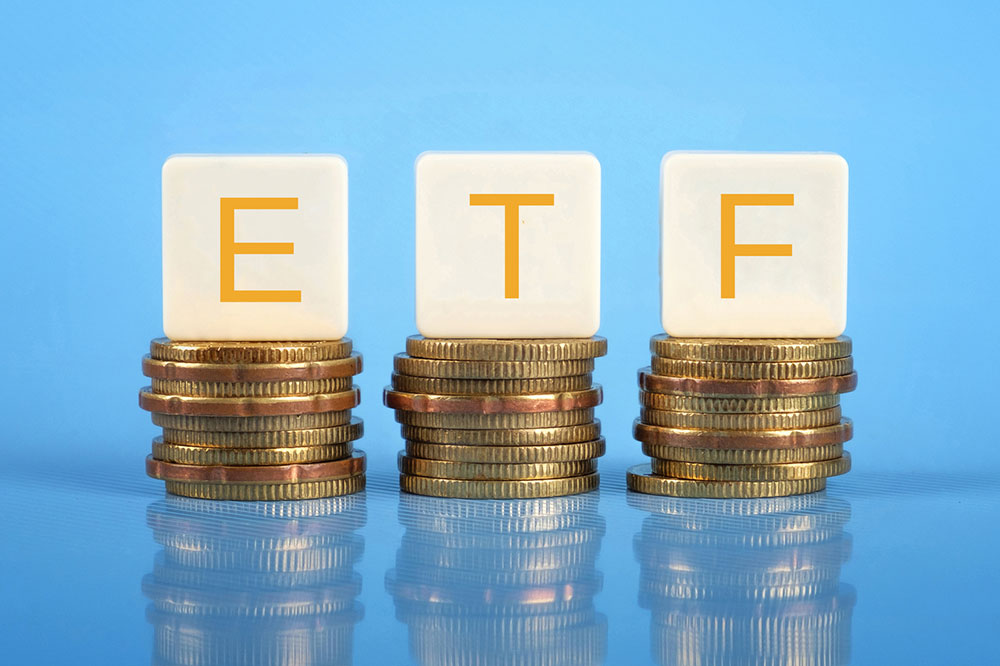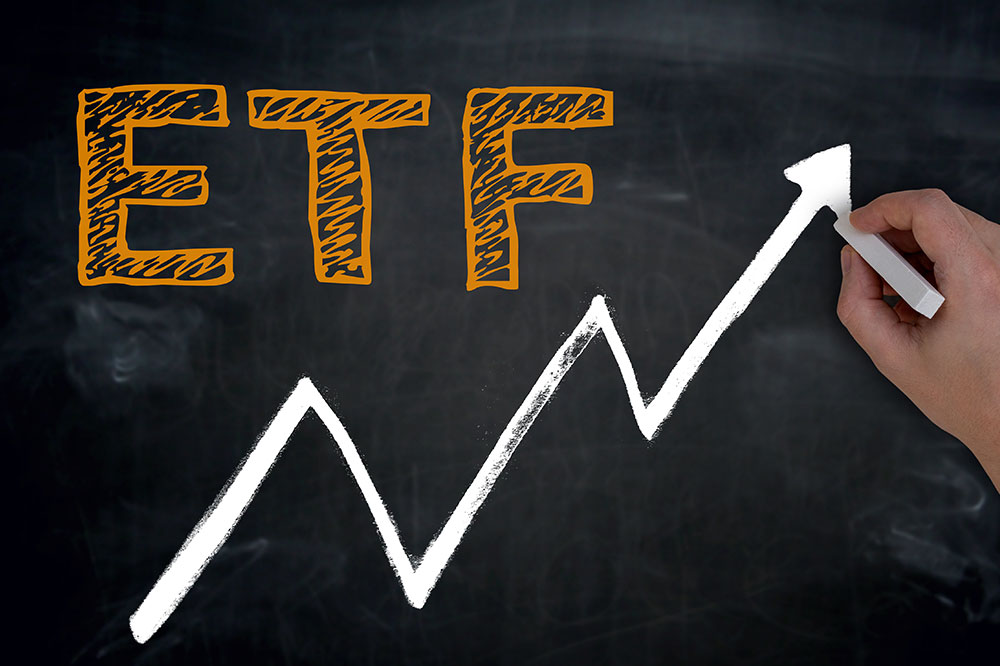Top 6 High-Yield Dividend Investment Funds for Savvy Investors
Discover the top six high-yield dividend ETFs suitable for various investment strategies. This guide highlights key features, yields, and risks associated with each fund, helping investors make informed choices aligning with their financial goals and risk tolerance.

When choosing the best dividend-focused exchange-traded funds (ETFs), it's important to evaluate your financial objectives and risk appetite. ETFs blend characteristics of mutual funds and stocks, giving investors a way to own a diversified group of underlying assets through a single security.
Here are six top high-dividend ETF selections:
Vanguard High Dividend Yield (VYM)
This fund targets stocks with above-average dividend yields, holding around 400 large-cap stocks mainly from healthcare, consumer staples, and financial sectors. It has averaged a 12.9% annual return over ten years, with a low expense ratio of 0.06%.
Vanguard Dividend Appreciation (VIG)
Investing in companies with a consistent history of increasing dividends, this ETF includes about 180 stocks with moderate yields. It has achieved an average annual return of 12.6% over a decade, with an expense ratio of just 0.06%—suitable for growth-oriented investors.
WisdomTree U.S. MidCap Dividend (DON)
Focusing on mid-cap firms with market caps between $2 billion and $10 billion, this ETF contains over 380 stocks and has delivered about 13.3% annual returns historically. Its expense ratio stands at 0.38%.
Invesco Zacks Multi-Asset Income (CVY)
For those comfortable with higher fees seeking higher yields, this fund tracks 149 dividend-paying stocks in the Zacks Multi-Asset Index. It offers a SEC yield of 6.43% with an expense ratio of 0.97%.
Invesco KBW High Dividend Yield Financial Portfolio (KBWD)
This sector-specific ETF tracks the KBW NASDAQ Financial Sector Dividend Yield Index, focusing on roughly 40 small-cap financial stocks. It boasts a yield of 12.93%, but with a higher expense ratio of 1.58%, reflecting its specialized focus.
WisdomTree U.S. SmallCap Dividend Fund (DES)
For added diversification, small-cap ETFs like DES are recommended. Covering over 700 stocks excluding the largest 300 firms, it has a moderate expense ratio of 0.38% and helps reduce risks inherent in large-cap investments.
Selecting the optimal dividend ETF involves considering your investment horizon, risk profile, and income needs. Pay attention to expense ratios, diversification, and dividend yields for an informed decision.
Disclaimer: This article is based on research, expert insights, and data analysis. Financial conditions change, so consult a financial professional before making investment decisions. We do not guarantee the accuracy or completeness of the information provided.


